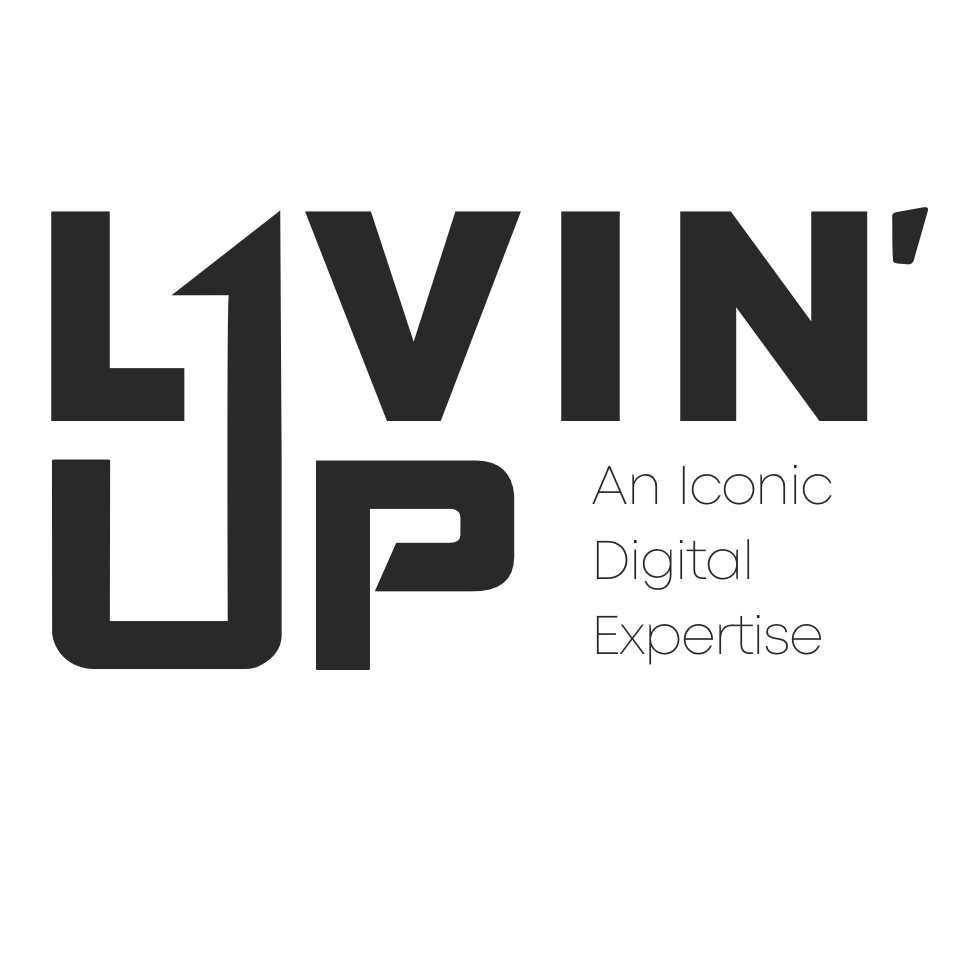Digital Marketing for Small Businesses: Understanding the Basics
In today’s digital age, marketing has evolved beyond traditional methods and has become increasingly focused on the online realm. Digital marketing has emerged as a powerful tool for businesses of all sizes, including small businesses, to reach their target audiences and drive business growth. In this article, we will explore what digital marketing is and how it can work for small businesses.
Digital marketing refers to the use of digital channels, such as search engines, social media, email, websites, and online advertising, to promote products or services, build brand awareness, engage with customers, and drive sales. It involves various strategies and tactics that are designed to reach and connect with potential customers in the online space. Here are some key aspects of digital marketing:
- Search Engine Optimization (SEO): SEO is the process of optimizing a website to improve its visibility in search engine results. By optimizing their website for search engines, small businesses can increase their organic (non-paid) visibility and attract more targeted traffic to their site. This can lead to higher brand exposure, increased website traffic, and ultimately more sales.
- Social Media Marketing: Social media platforms, such as Facebook, Instagram, Twitter, and LinkedIn, provide businesses with an opportunity to connect with their target audience, build brand awareness, and engage with customers. Small businesses can leverage social media to create and share engaging content, run paid advertising campaigns, and interact with their customers to build relationships and drive business growth.
- Email Marketing: Email marketing involves sending targeted emails to a group of subscribers who have expressed an interest in a business or its products/services. Small businesses can use email marketing to nurture leads, promote products, offer exclusive deals or discounts, and build customer loyalty. Email marketing can be cost-effective and has a high return on investment (ROI) compared to other marketing channels.
- Content Marketing: Content marketing involves creating and distributing valuable and relevant content to attract and engage a target audience. Small businesses can use content marketing to create blog posts, articles, videos, infographics, and other types of content that resonate with their target audience. Content marketing helps establish a business as an authority in its industry, builds trust with customers, and drives traffic to the website.
- Online Advertising: Online advertising allows small businesses to reach their target audience through paid ads on various digital channels, such as search engines, social media platforms, and websites. Small businesses can create and run paid advertising campaigns to increase brand visibility, drive targeted traffic to their website, and generate leads or sales. Online advertising can be cost-effective, as businesses can set budgets and target specific audiences to maximize their ROI.
How can small businesses get started with digital marketing?
- Define your goals: Before you start any marketing campaign, you need to define your goals. What do you want to achieve? Do you want to increase sales, generate leads, or build brand awareness? Once you have defined your goals, you can create a marketing plan that will help you achieve them.
- Identify your target audience: Who are you trying to reach? What are their interests, needs, and pain points? Understanding your target audience will help you create content that resonates with them and drives engagement.
- Choose your channels: There are many digital channels to choose from, including social media, email, search engines, and mobile apps. Choose the channels that are most relevant to your audience and your goals.
- Create your content: Content is king in digital marketing. Create content that is informative, engaging, and shareable. This can include blog posts, videos, infographics, and social media posts.
- Measure your results: Use analytics tools to track the performance of your marketing campaigns. This will help you see what is working and what is not, and adjust your strategies accordingly.
In conclusion, digital marketing is essential for small businesses that want to stay relevant and competitive in today’s world. By defining your goals, identifying your target audience, choosing your channels, creating your content, and measuring your results, you can create a successful digital marketing campaign that drives engagement, leads, and sales. With Livinup Indonesia we can make your digital marketing sector good.

